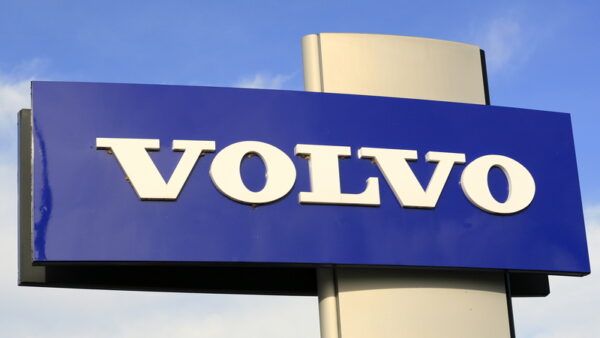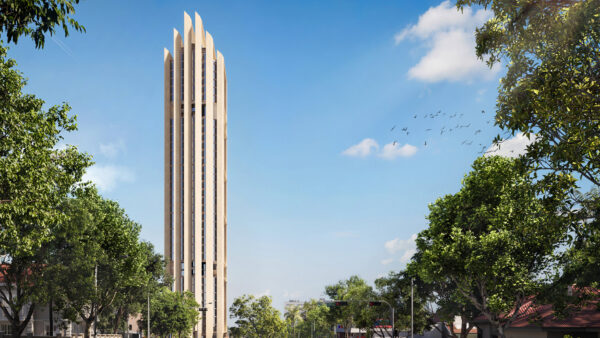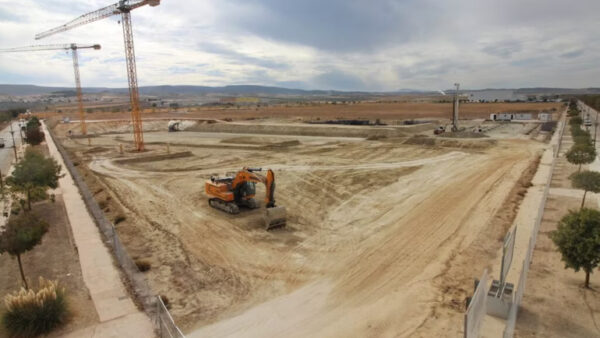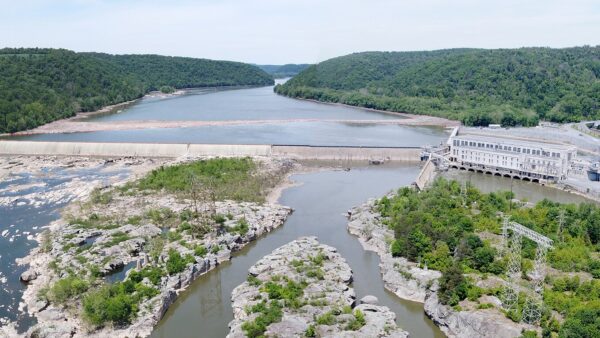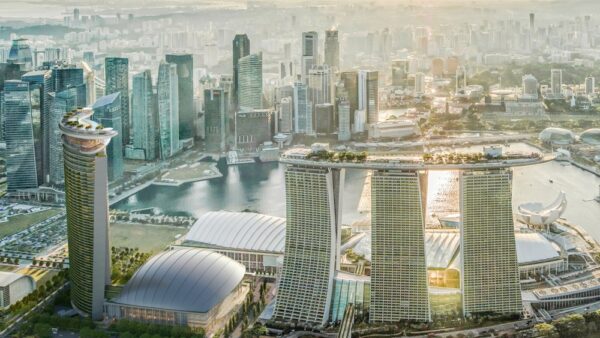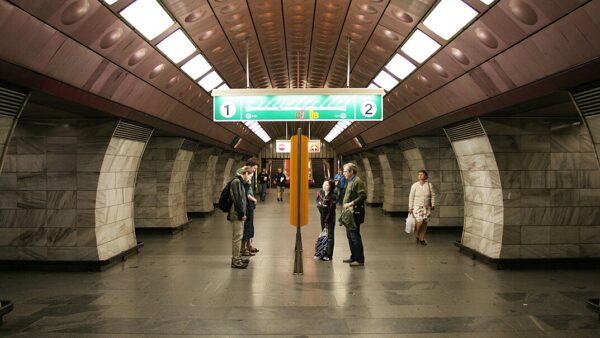Two expatriates and a local worker building a road in Nigeria have been kidnapped at gunpoint, raising fears of an escalation of violence in the country’s oil-rich Niger Delta region as the country’s new president assumes power.
The expat employees, one from Syria and the other from Lebanon, and a Nigerian worker, were abducted by an unidentified group of men in military-style fatigues wielding AK-47s last week, according to their employer, the construction firm Okmas Nigeria Limited.
The company had yet to be contacted by the abductors–
Okmas is building a road for the Niger Delta Development Commission (NDDC) at Patani, Delta State.
The workers were kidnapped at about 10.30am on 20 May, but the company only released the news on 25 May.
A company spokesman expressed concern that the whereabouts of the kidnapped workers were still unknown five days after their abduction. The company had yet to be contacted by the abductors.
He said about seven gunmen, all armed with AK-47 rifles and dressed in military attire, stormed the project site after having approached on speedboats, local media reported.
It was the first such incident since the start of the project in 2013, Okmas said.
Other workers of the company have downed tools at the site, demanding the release of their colleagues and insisting that they would not return to work until adequate security was provided.
Okmas named the abducted expats as Sari Naser Karin, a Syrian, and Tarek Maroun, a Lebanese, while the Nigerian was identified simply as Sahara.Â
Peace at any price?
Conflict erupted in the Niger Delta in the early 1990s as tensions mounted between foreign oil corporations and minority ethnic groups, who claimed to have been exploited.
In 2009 Nigeria’s government brokered an amnesty deal. The militants agreed to surrender their weapons in exchange for job training and monthly payments.
Oil production rose after that but the peace has since proven fragile. Twelve policemen were killed in 2013.
At the beginning of last month gunmen killed nine people and wounded two before setting fire to a local politician’s house, while another group of militants from the Urhobo ethnic group blew up a major oil pipeline.Â
Experts have voiced concern over whether Nigeria’s new president Muhammadu Buhari, who assumes power this week, can maintain peace in the Delta region, while at the same time wresting control of the country’s north east from Islamist terrorist group Boko Haram.
The amnesty programme for the Delta militants has been estimated to cost $500m per year and Nigeria’s coffers have been strained by the halving of the price of oil.
Photograph: A militant leader from the Niger Delta examines an anti-aircraft gun surrendered to the government as part of the 2009 amnesty deal (AFP Photo/Pius UtomiEkpei/Getty Images)

